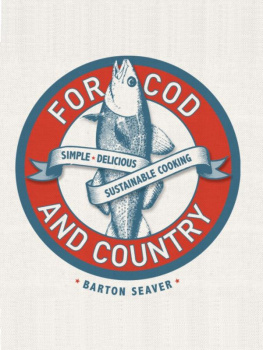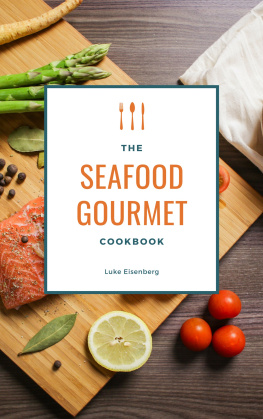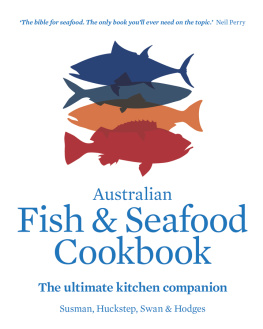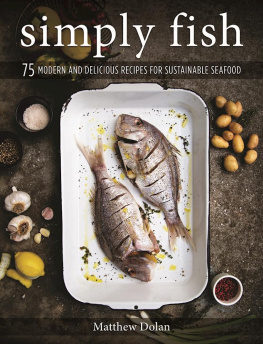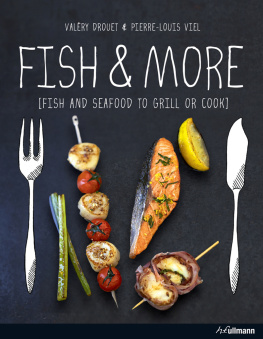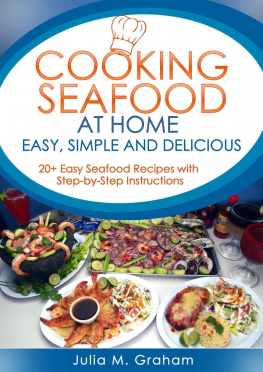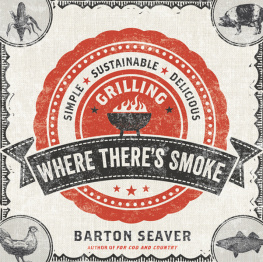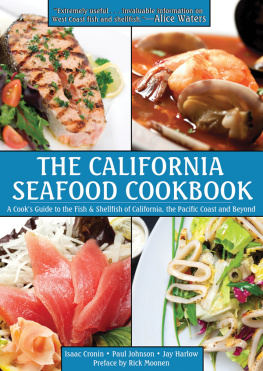
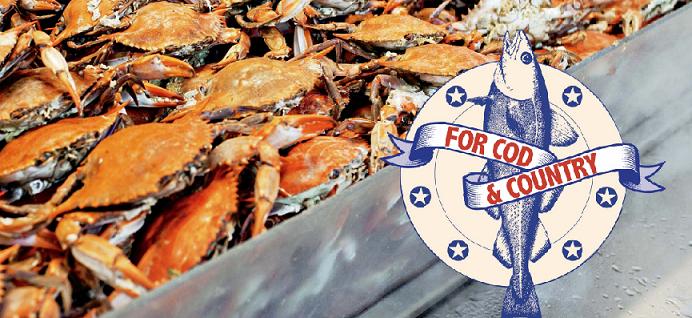
BARTON SEAVER


STERLING and the distinctive Sterling logo are
registered trademarks of Sterling Publishing Co., Inc.
2 4 6 8 10 9 7 5 3 1
Published by Sterling Publishing Co., Inc.
387 Park Avenue South, New York, NY 10016
2011 by Barton Seaver
All rights reserved
Sterling ISBN 978-1-4027-7775-2
Sterling eBook ISBN: 978-1-4027-9210-6
All images Katie Stoops
Image on courtesy of MSC/J. Simpson
For information about custom editions, special sales, premium and corporate purchases, please contact Sterling Special Sales Department at 800-805-5489 or specialsales@sterlingpublishing.com.
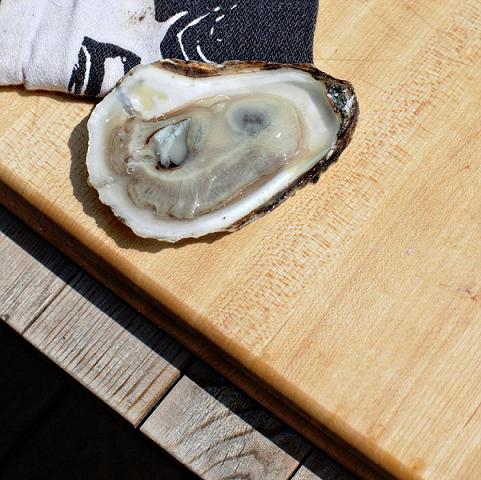
Dedicated to my dad and Chef Corky Clark, the two best fish cooks I know.
A special thanks to Rick Moonen, for setting the sustainable stage for chefs all over the globe, and to David Scribner, for giving me a glimpse into his crazy world.
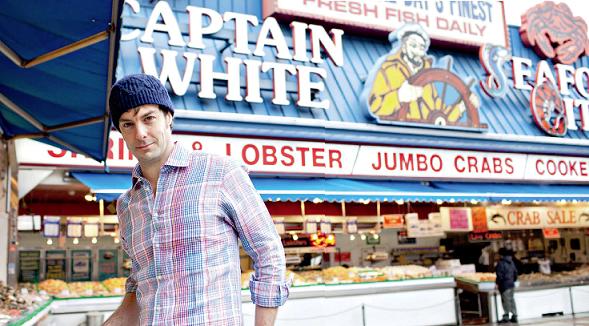
Contents
Delicious
Is the New
Environmentalism
In our quest for food we begin to find our place within the systems of the world. John Hersey wrote that in his fantastic book Blues. I have always loved that quote because it accurately acknowledges that we are not sovereign over our resources but rather a part of the world that supports us. We are because the world supports us.
We have forgotten that, and we are paying the consequences. We have taken too much sea life from the oceans, eaten too many of the creatures that make up the intricate network of life. We have even taken and needlessly wasted creatures we did not want in the form of bycatch. In the process of wasting our resources, we have destroyed jobs. We have let whole communities fail and disappear, as is the case in New England and the Chesapeake. We have ravaged the oceans in search of food and are now discovering that our place in the worlds systems is in jeopardy.
This is a heavy way to start a book about cooking fish. Fish are living and contributing members of an ecosystem. When a fish meets a person, it becomes seafood. Yet we are so indignant in our approach to the ocean that we fail to understand that fish are valuable as fish, not just as seafood.
But we do have a chance to eat our way back to healthy oceans. A lot has been made of the term sustainable seafood, which I am happy to see has gained such traction in the marketplace. But the idea behind sustaining our resources is a little misguided. We have depleted them to the point where we have to restore them before they can be ably maintained. What we think of as a healthy fishery is often a mere shadow of what it historically was. We operate with an understanding of a natural world that has already been heavily affected by humans.
So why eat seafood at all, you might ask? Because if we dont, then we will lose a vital and necessary part of our diet. We would put even more hardworking communities out of work. We would lose control over the fisheries that we do have a chance to manage well. We would lose our chance to encourage the restoration of ecosystems. The compelling narrative of conservation is a story of responsible consumption.
The answer is to support the best fisheries we have access to and to provide incentive to those lagging behind to get better. The answer is to eat smaller portions of seafoodand many more vegetables.
Celebrate seafood for what it is, and understand that it was once sea life. There are delicious options you can serve your family that actually help to restore ecosystems. Enjoy the recipes that follow. Do some research into the impact our food choices have on the oceans. And eat with joy so that we may continue to partake in the bounty of the seas. You can save the world by eating an oyster, so get to it.
Thats right, environmentalism on the half shell with a bottle of Tabasco and a six-pack of beer. Count me in!
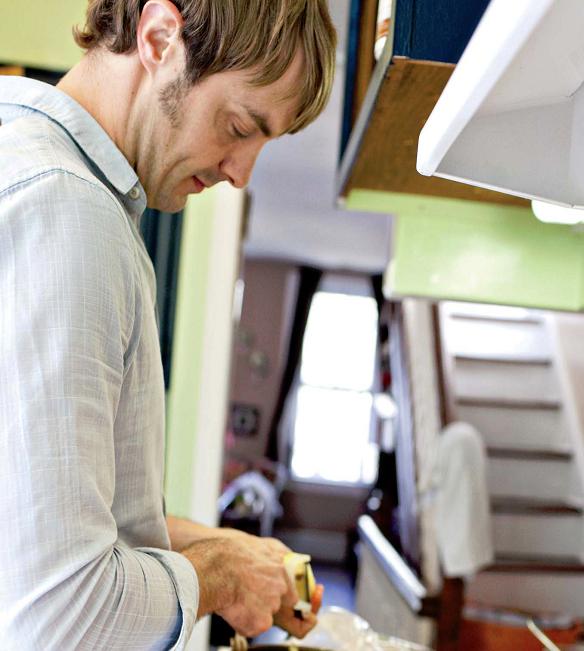
I started cooking when I was a little boy. Both of my parents had busy schedules and hustled about trying to make it all work. They were great parents, but, more important to this story, they were great cooks, tooand intrepid ones.
My mom largely took care of the slow-cooked dishes that filled the house with their aromas. One of her dishes that I remember best is stuffed grape leaves. She would prepare the filling, then spend hours rolling each little delicious package and layering them into the largest pot we had. Sometimes she would cajole me or my brother into helping. My mom also would make vats of curry, one of which once spilled in the trunk of our Volvo station wagon, forever etching the story, and the smell, into our family history. Thanksgiving and other holidays were an opportunity to make everything from scratch. My brother and I still talk about the fruitcake my mother made every year. She would set the fruit to macerate in brandy in October, then bake the cakes just in time for the holidays... not that anyone in our family actually ate them.
My father would often cook weeknight suppers in his work clothes, his tie off. We had a collection of aprons that he kept behind the door. My favorite was a gray one that made him look like a train conductor. To me, Dad was the short-order cook of the family, churning out nutritious and delicious meals in no time. But he had his adventurous side as well. Tortillas were made from scratch for taco night. My brother and I were always hounding him to make one of his famous stir-fry wok concoctions. Dad would very occasionally have a Glenfiddich Scotch while he cooked, and those were the meals I remember liking the most. I never asked whether he poured the drink because hed had a good day or a bad one. But on those days when he was sipping a Scotch, Dad seemed to use cooking to remember what life was supposed to be all about. He would kick back and enjoy the process and then, at the table, the results.
My first contribution to the table was the salad dressing. I cant quite imagine why they put up with my creations, which were just wrong. I had this idea in my head that a salad was a term that meant lettuce swimming in vinegar. To this potent bath, I would add further punishment in the form of soy sauce, mustard powder, and a smattering of every dried herb we had. I think my dad was waiting me out, or waiting till we ran out of vinegar, which never happened.
What I remember the most about my dads cooking, and what my friends remember too, was his ability to cook seafood. We would host gatherings at which Dad cooked soft-shell crabs that made everyone swoon. It was always one of the best meals of the year, as it usually included the summers first corn and tomatoes. We would also hand churn peach ice cream in the backyard for dessert. Sounds like a fairy tale, but its what happened when Dad turned his full attention to a meal. Then there was a night off the coast of Long Island when I found a spot for flounder and kept hauling them in. Dad was busy in the small galley kitchen of the boat, filleting and sauting as fast as he could. The results were simple and stunning. And my lasting memory of that meal (fish + lemon + butter + heat = delicious) is the reason I do what I do today.
Next page
